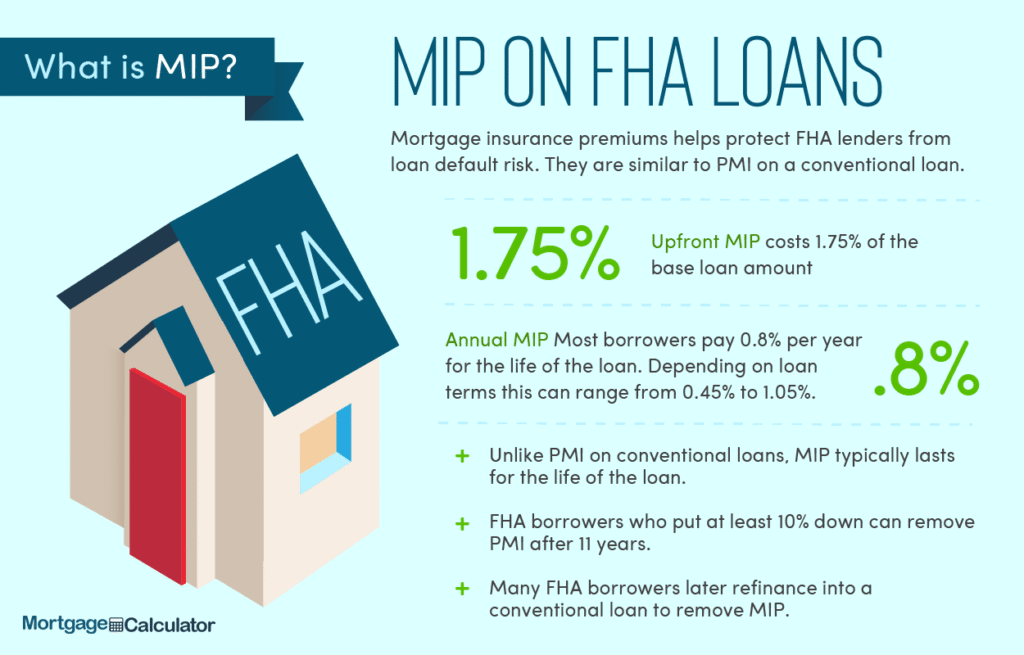Transitioning from a lifetime of saving to a new phase of spending in retirement can be daunting. With the guidance of a financial advisor, navigating this shift can become a more manageable and less stressful process. In this post, we’ll delve into the intricacies of how an advisor can help manage the transition from saving to spending as you approach retirement.
Understanding Your Retirement Vision
Before making any financial shifts, it’s crucial to have a clear understanding of what you envision for your retirement. A financial advisor can help articulate these goals and ensure that your spending strategies align with your retirement lifestyle preferences. 
Assessing Your Resources
An advisor will take a comprehensive look at your financial resources, including savings accounts, investments, pensions, and social security benefits. This assessment forms the foundation for developing a sustainable spending plan.
Creating a Spending Plan
With a deep understanding of your resources and retirement goals, your advisor can craft a tailored spending plan. This plan will factor in your fixed and variable expenses, ensuring you can live comfortably while minimizing the risk of outliving your savings.
Implementing a Withdrawal Strategy
Deciding when and how to withdraw from your retirement accounts is a critical aspect of your spending plan. An advisor can suggest a tax-efficient withdrawal strategy that meets your income needs while preserving your nest egg for future years.
Addressing Healthcare Costs
Healthcare can be one of the biggest expenses in retirement. An advisor can help you estimate these costs and suggest ways to cover them, including Medicare and supplemental insurance options. 
Planning for Tax Implications
Your advisor will consider the tax implications of your withdrawal strategy to help minimize your tax burden in retirement. This includes understanding how different income sources are taxed and planning accordingly.
Adjusting for Inflation
Inflation can erode your purchasing power over time. Your advisor will factor inflation into your spending plan, ensuring that your income keeps pace with the rising cost of living.
Navigating Required Minimum Distributions (RMDs)
When you reach a certain age, you’ll be required to take minimum distributions from certain retirement accounts. An advisor can help manage these withdrawals in a way that aligns with your broader financial strategy.
Adjusting Your Investment Strategy
As you shift from saving to spending, your investment strategy will need to adjust as well. Your advisor can recommend changes to reduce risk and protect your income stream.
Monitoring and Adjusting Your Plan
Your financial needs and the economic landscape will change over time. Regular reviews with your advisor ensure that your spending plan remains aligned with your retirement goals and adjusts as necessary.
Considering Legacy and Estate Planning
If leaving a financial legacy is important to you, your advisor can integrate estate planning into your retirement strategy, ensuring your wealth is distributed according to your wishes.
Communicating with Family
Your advisor can also facilitate conversations about your retirement and estate plans with your family, ensuring that everyone’s on the same page and minimizing potential conflicts.
Evaluating Home Equity
For many retirees, their home is their most significant asset. An advisor can discuss options like downsizing or a reverse mortgage to support your retirement income.
Exploring Part-Time Work or Business Opportunities
Some retirees choose to supplement their income with part-time work or by starting a business. Your advisor can help explore these options in a way that doesn’t jeopardize your financial security.
Dealing with Debt
Entering retirement with debt can strain your finances. Your advisor can offer strategies for managing or eliminating debt before retirement. 
Planning for the Unexpected
Unexpected expenses can derail even the best-laid plans. An advisor can help build a buffer into your plan to cover unforeseen costs.
Using Technology to Your Advantage
Modern technology, including financial apps and online platforms, can help you track spending and manage investments. Your advisor can recommend tools that complement your spending plan.
Embracing a New Mindset
Adjusting from a saving to a spending mindset is often one of the biggest challenges for new retirees. Your advisor can provide support and guidance to make this transition smoother.
In conclusion, transitioning from saving to spending in retirement is a significant shift that requires careful planning and consideration. With the assistance of a financial advisor, you can develop a strategy that ensures a comfortable and fulfilling retirement. Regular reviews and adjustments to your plan will help address any changes in your financial situation or in the broader economic environment.
Frequently Asked Questions
When should I start planning for the transition from saving to spending? It’s never too early to start planning for retirement. Ideally, you should begin working with a financial advisor several years before you plan to retire.
How often should I review my retirement spending plan? You should review your spending plan at least annually with your advisor, or more frequently if your financial situation or the economic landscape changes significantly.
Can a financial advisor help with estate planning? Yes, many financial advisors offer estate planning services or can work with an estate planning attorney to ensure your assets are distributed according to your wishes.
What if I want to leave a legacy but also need to prioritize my retirement spending? Your advisor can help balance these goals, creating a plan that addresses your immediate financial needs while also considering your legacy wishes.
Is it possible to adjust my spending plan after retiring? Absolutely. Your spending plan is not set in stone and can and should be adjusted as your needs change or as you encounter unforeseen expenses.


